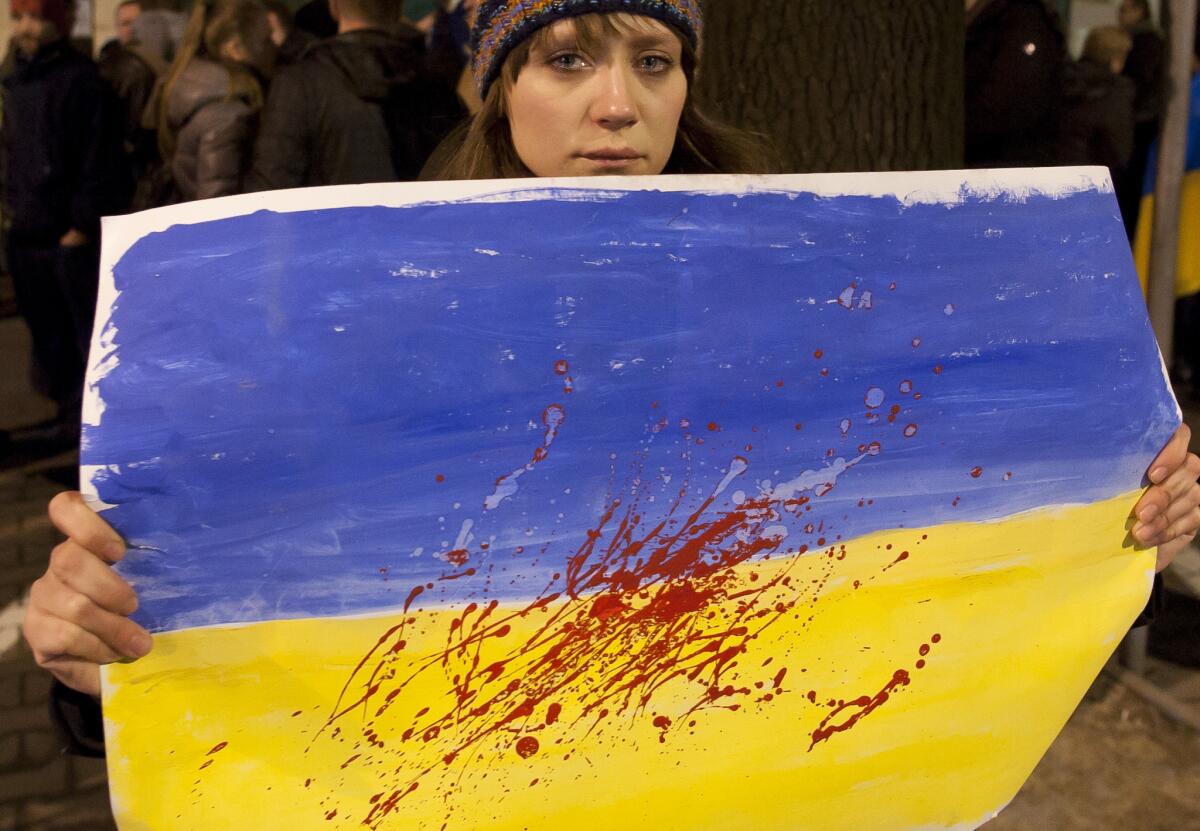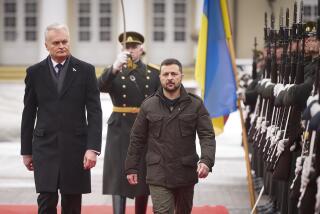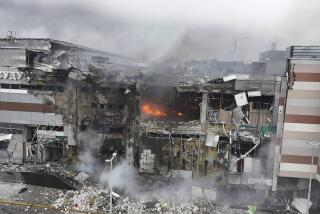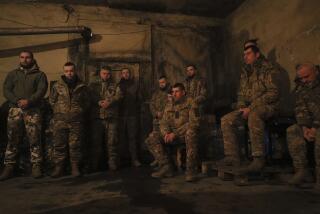Ukraine must not become a front in a new Cold War

The United States has the right — and a duty — to try to tamp down political violence in Ukraine, which continued early Thursday despite the announcement of a truce between the government and opposition leaders. It was appropriate for Vice President Joe Biden to telephone President Viktor Yanukovich earlier this week to counsel restraint, and for the State Department to announce that some Ukrainian leaders involved in repressing protesters won’t be allowed to travel to the United States.
But even as it seeks to influence events in Ukraine, the Obama administration needs to avoid the impression that it is making that country a front in a new Cold War. President Obama is aware of the delicacy of the situation. On Wednesday, he said he didn’t view Ukraine as part of “some Cold War chessboard in which we’re in competition with Russia.” Wisely, the administration is allowing European nations to take the lead in mediation efforts, which gained new importance with this week’s shocking violence in Kiev, some of it perpetrated by opponents of the government. As many as 100 people may have been killed Thursday.
One can argue that it is Russian President Vladimir Putin who has insisted on reenacting the Cold War by offering economic incentives to Yanukovich as a way to keep Ukraine, once a Soviet republic, in Russia’s sphere of influence. Although the immediate cause of the convulsions in Ukraine is the repression of peaceful protest, the crisis is rooted in the government’s failure to conclude an “association agreement” with the European Union that would have included the creation of a free-trade zone and cooperation in law enforcement. Many Ukrainians who voted for Yanukovich in 2010 feel that he has betrayed their trust and undermined Ukraine’s sovereignty.
PHOTOS: Deadly clashes in Kiev
The political divide in Ukraine has deep historical roots and can’t be wholly blamed on Putin’s interference. Many Ukrainians, mostly in the eastern part of the country, feel an affinity for Russia, while others long for integration with Western Europe. Ultimately, Ukrainians will have to resolve their political identity crisis themselves, but other nations, including the U.S., can play a constructive role in defusing the current conflict and holding the Ukrainian government to international standards of civil conduct. That requires diplomacy that is deft as well as determined.
More to Read
A cure for the common opinion
Get thought-provoking perspectives with our weekly newsletter.
You may occasionally receive promotional content from the Los Angeles Times.






